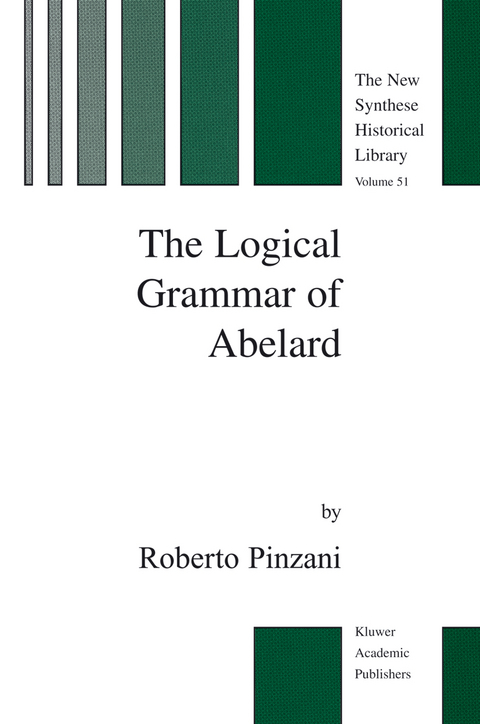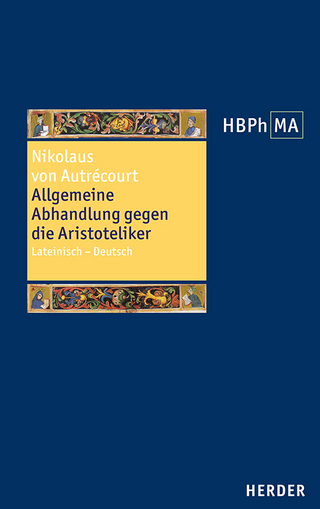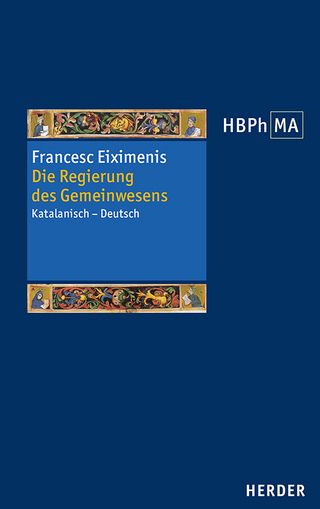
The Logical Grammar of Abelard
Springer-Verlag New York Inc.
978-1-4020-1246-4 (ISBN)
Abelard is one of the foremost protagonists of the "twelfth-century Renaissance". He 'picks up the baton' from Boethius resuming the activity of commenting on Aristotle's works. The present book focuses on the logical-grammatical analysis of natural language, which for Abelard is a fragment of "scientific Latin". Tools of modern categorial grammar are employed to clarify many of the problems raised by historiography (such as meaning, abstract entities and universals). Among the merits of the volume is the fact that it has enlightened the radical interplay between the traditions of Aristotle's and Priscian's commentators and, in this context, Abelard's peculiar role in exploring a new field of linguistic inquiry. An ample analysis of grammatical sources and critical literature allows to evaluate the progress which is at the basis of the forthcoming terministic logic. The book is aimed at scholars of medieval philosophy as well as historians of logic and linguistics.
Preface. 1: Grammatical Sources. 1.1. Grammatici logicis consistientes. 1.2. Categorization. 1.3. Lexical categories. 1.4. Composition. 1.5. The meaning relation. 1.6. Predication and truth.- 2: Categories and Lexicon. 2.1. Categorization. 2.2. Categories and type meanings. 2.3. Semantic categories. 2.4. Derived expressions. 2.5. Non-defined expressions.- 3: Grammatical Composition. 3.1. Syntactic rules. 3.2. Pronouns and determiners. 3.3. Expressions composed of common nouns and adjectives. 3.4. Expressions composed of 'est' and nominal phrases. 3.5.Complex sentences. 3.6. Modal phrases. 3.7. Determined modal expressions.- 4: Meaning. 4.1. Problems of semantic representation. 4.2. Denotations of terms and sentences. 4.3. The meaning relation. 4.4. Composition of meanings. 4.5. Transfers of meaning. 4.6. The conceptual meaning.- 5: Predication and truth. 5.1. Praedicari de pluribus. 5.2. The meaning of predicative link. 5.3. The truth: Consequentia de propositionibus ad res. 5.4. The truth of categorical propositions. 5.5. The truth of hypothetical propositions. 5.6. A model for modalities.- Appendix. Bibliography. Index.
| Reihe/Serie | The New Synthese Historical Library ; 51 |
|---|---|
| Zusatzinfo | IX, 235 p. |
| Verlagsort | New York, NY |
| Sprache | englisch |
| Maße | 155 x 235 mm |
| Themenwelt | Geisteswissenschaften ► Philosophie ► Philosophie des Mittelalters |
| ISBN-10 | 1-4020-1246-2 / 1402012462 |
| ISBN-13 | 978-1-4020-1246-4 / 9781402012464 |
| Zustand | Neuware |
| Haben Sie eine Frage zum Produkt? |
aus dem Bereich


